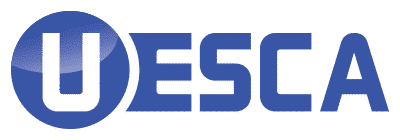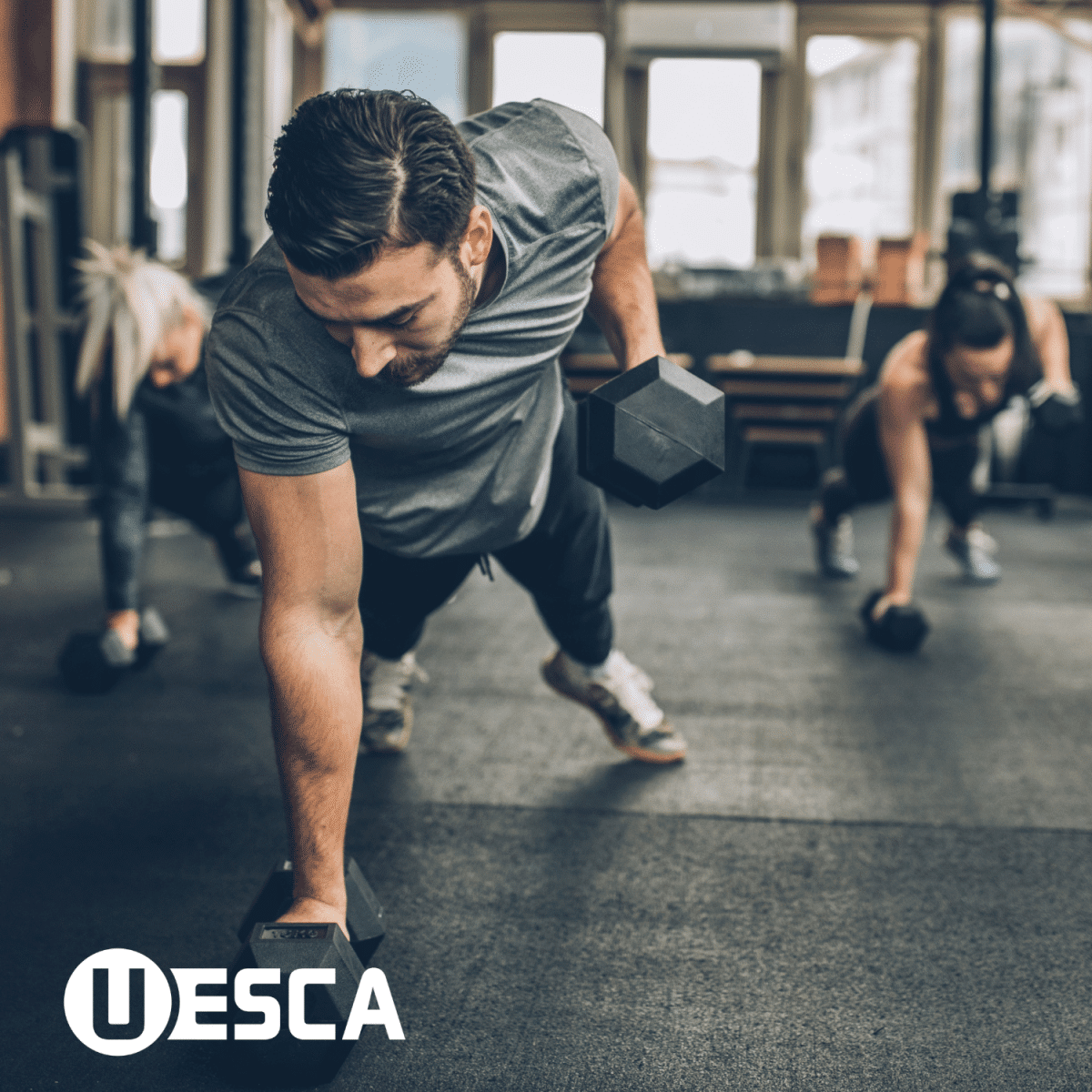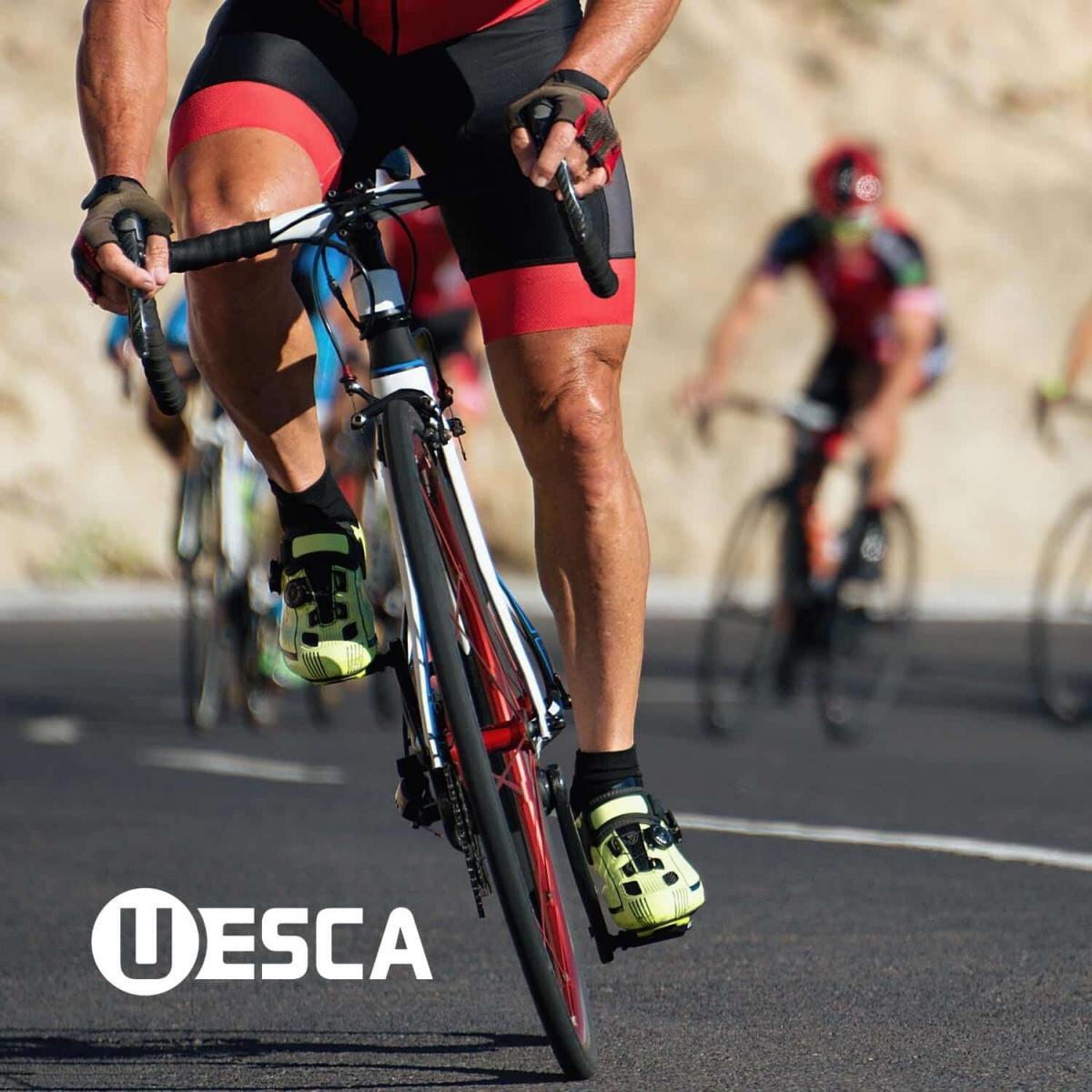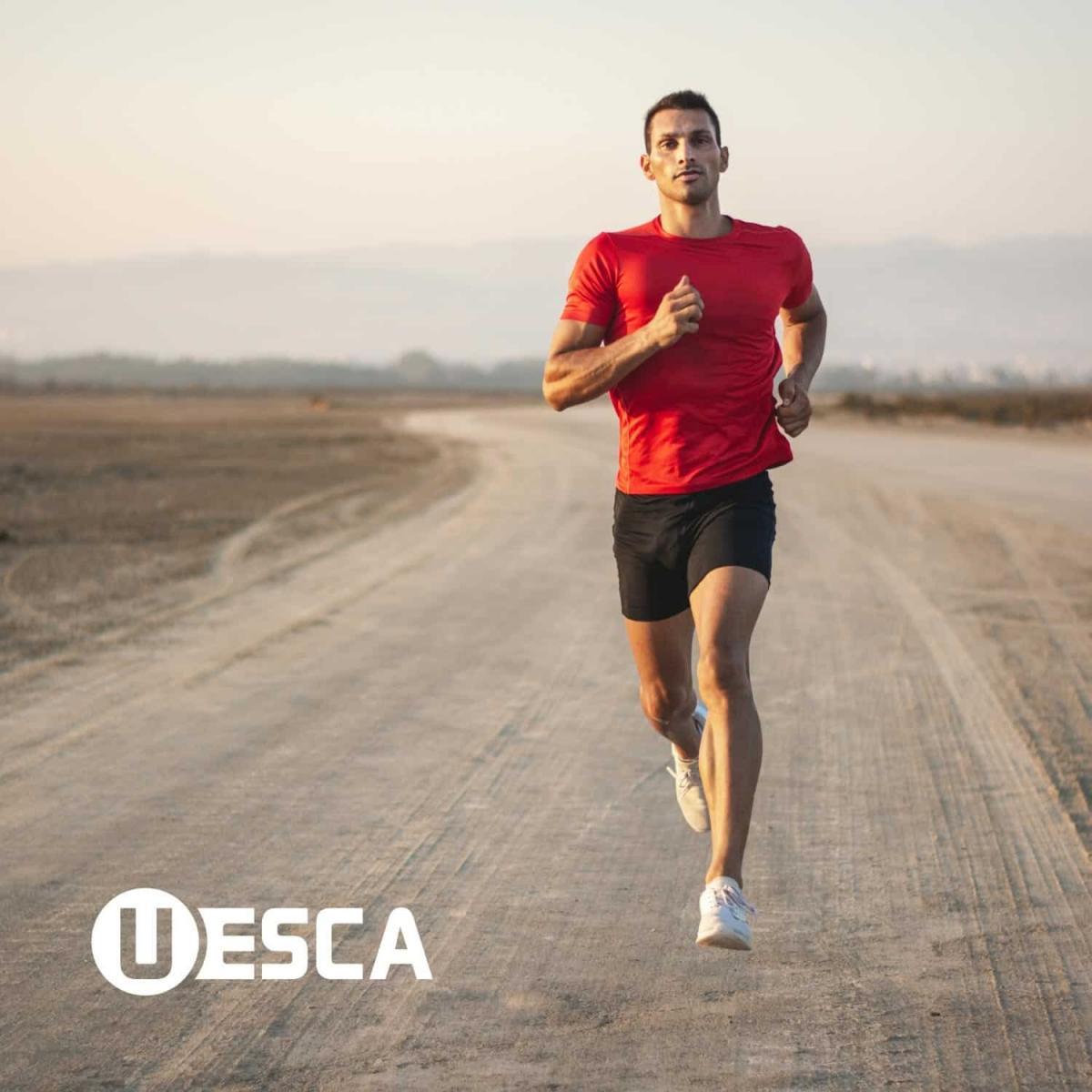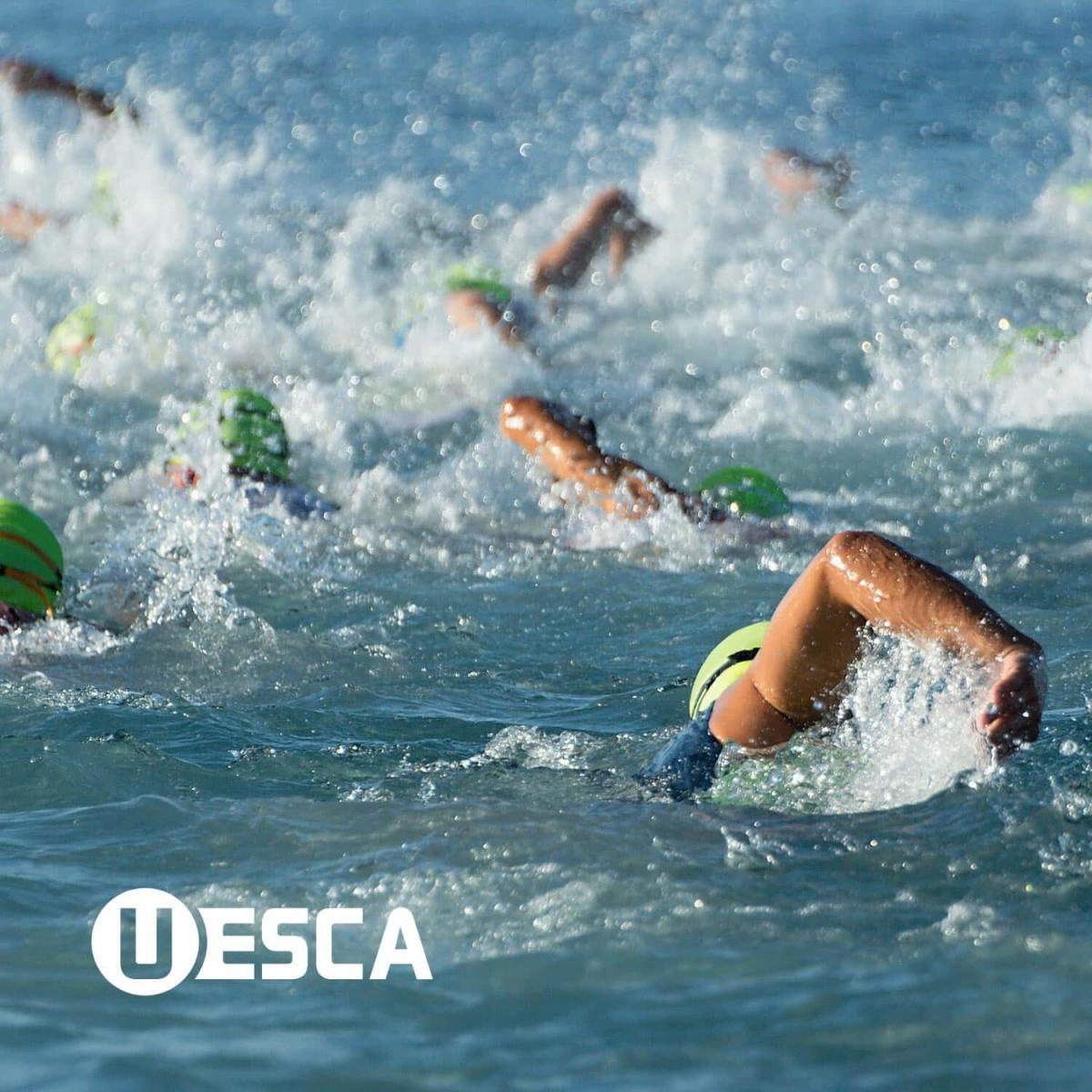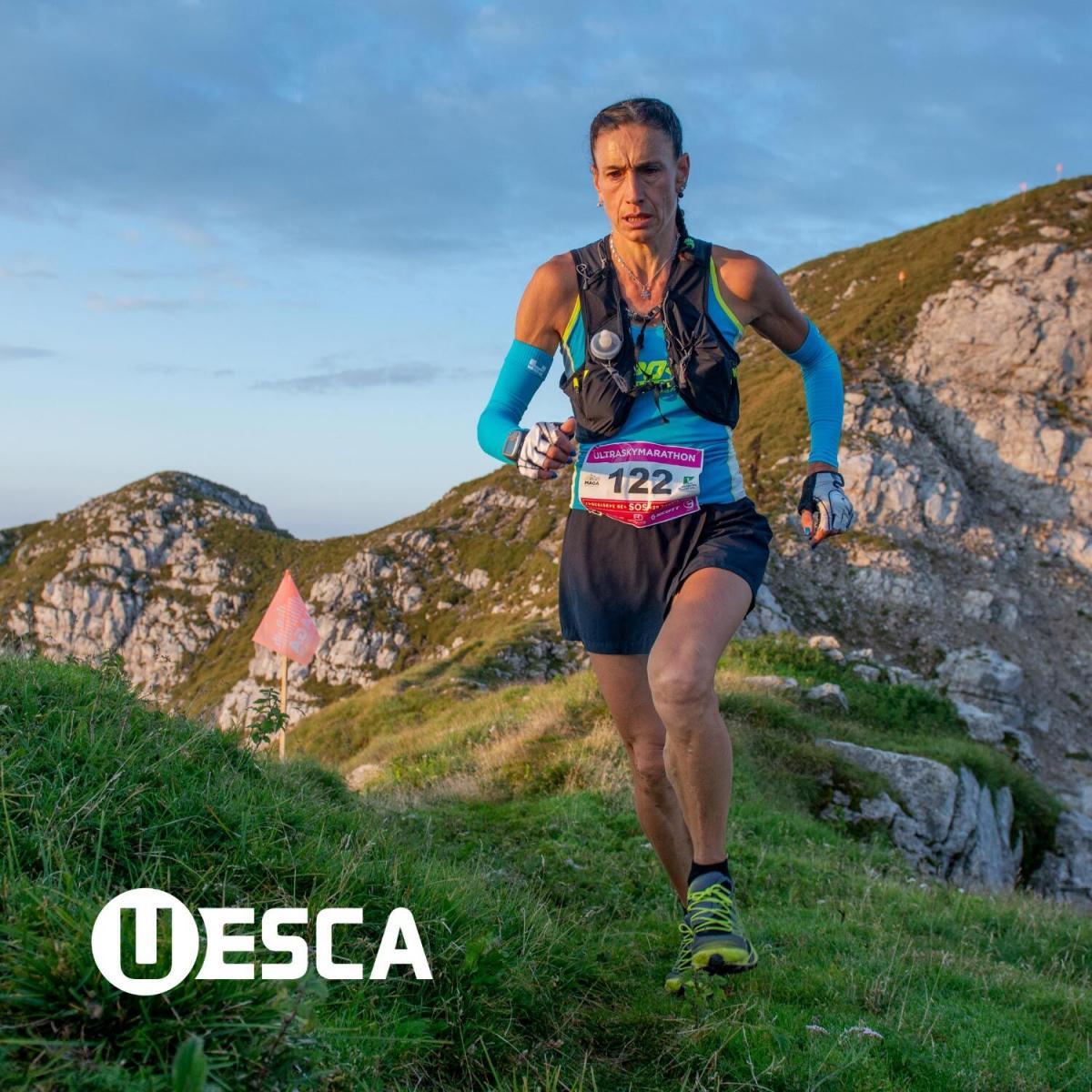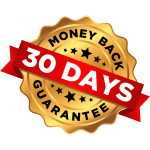An important key to being a great coach is having a healthy amount of humility. Both from a coaching perspective and learning perspective, being open to new or differing ideas will make you better.

In sport, and in life, being curious and keeping an open mind is critical to the learning process and thus, becoming a better athlete and person. In Zen Buddhism, this concept of being humble and having a beginner’s mindset is called ‘Shoshin.’
As a Coach
Often, individuals become coaches due to their passion for their sport(s) and their desire to pass along that passion and education to others. As such, the point at which individuals become coaches is often when they are fairly advanced in their knowledge of their sport. While obviously this is a great asset to being a coach, it can also lead to a coach erroneously assuming that an athlete knows more about a sport than they actually do.
Therefore, as a coach, and especially as a coach to new athletes, there should not be any assumptions made regarding the knowledge of an athlete. This is why the initial conversations with an athlete are so important. These talks provide a basis for understanding what an athlete knows and does not know. This knowledge is critical, not just for communication with an athlete, but for effective programming as well.
Personal Bias
Let’s be honest, we all have our personal biases. Whether it be about politics, health matters or training methodologies, we’ve all got them. While it’s likely that we will never be able to rid ourselves of all our personal biases, the goal of having a beginner’s mindset is exactly that – to think like a beginner and thus, be as free as possible from bias. The goal of this is to free your mind to be open to all possibilities and thus, have a better and more well-rounded learning experience.
One aspect of personal bias that is quite common is called ‘Confirmation Bias.’ This pertains to someone that has a strong tendency to only seek out or interpret information that supports their way of thinking. As you can see, this is the opposite of ‘Shoshin.’ As an example, and in respect to politics, if I’m right-leaning, I will likely only visit conservative websites that share my same opinion. Conversely, if I’m lef- leaning, I will likely only visit websites that are more liberal in nature.
Confirmation bias only accomplishes one thing – it strengthens the belief that your currently held views are correct while negating the possibility that another view or views may have value.
As an example, UESCA recently polled our coaches about what areas they would like to see in our now active membership site, Talewnd. I was 99.9% sure that one particular area was going to be the most popular based on my personal belief and bias. However, I was shocked when that area was the least desired area… and by a long shot. As such, we didn’t include this area in Talewnd. However, if we hadn’t polled our coaches, my personal bias would have definitely included this area, and it would have been a big miss.
A Little Bit of Knowledge is Dangerous
As compared to a total newbie athlete, a coach may seem like an expert in all things sport-specific related. However, it is a fact that no one is an expert in all things and moreover, most coaches have several areas of weaknesses. This is not a bad thing but a reality. This is why it is important for a coach to have a strong network of professionals that they can refer athletes to.
However, when a coach has limited knowledge about a particular matter but believes they are an expert, this is where they run into trouble and can lead an athlete astray due to misinformation.
Do Your (Real) Research
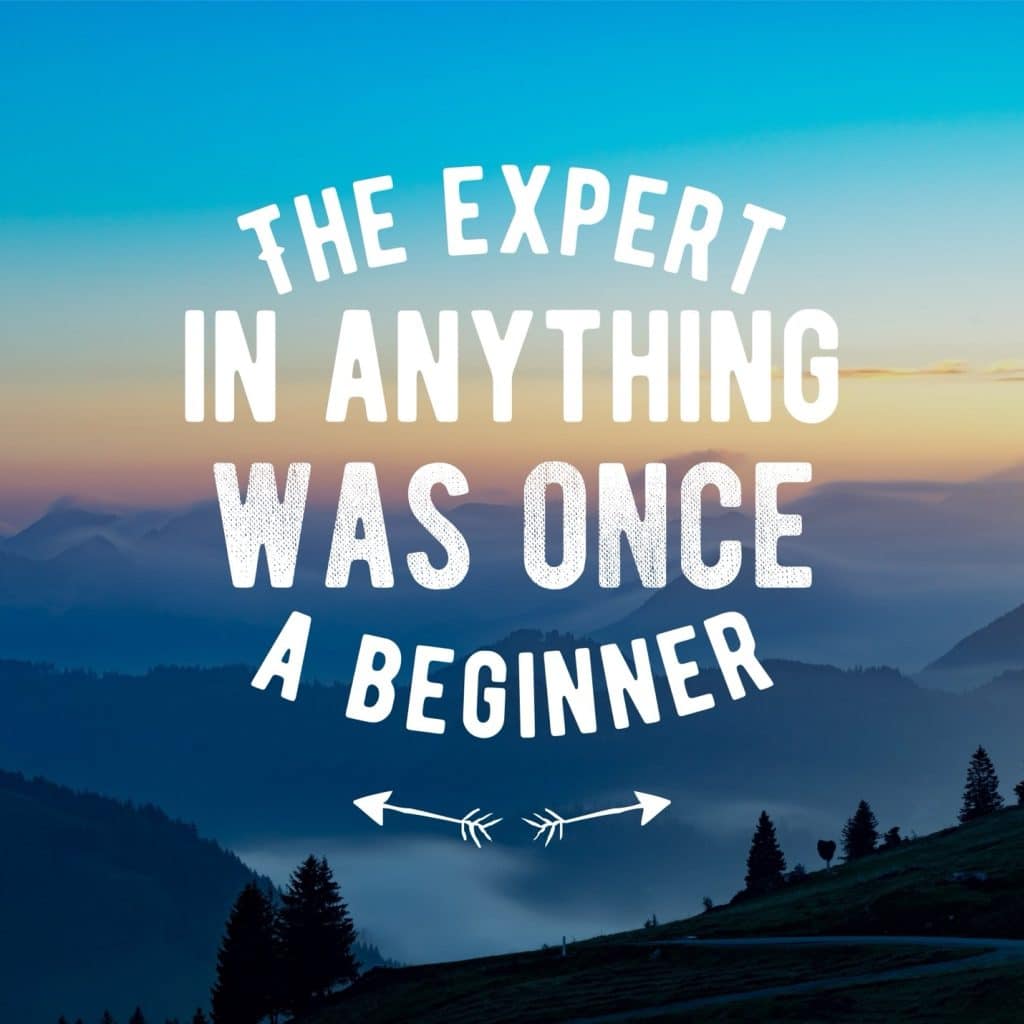
If you really want to be an expert at something, you have to take a really deep dive into the subject matter and learn as much as possible. This requires examining as many informational sources as possible and practicing/performing studies to learn and appreciate the real-world applications. In some cases, this process can take years (i.e., a surgeon) and even once they are an ‘expert,’ the learning process never ends.
This topic relates back to confirmation bias as well. If you seek out information only from sources that share your same views, this is not research. This is just strengthening your already skewed biases.
Red Flags

At UESCA, we have sought out the top experts in various areas to create content as there is no way that we’re the experts in everything. What is interesting about these experts is that they often know a lot about many topics, but they have a very concentrated area in which they are absolute experts. In selecting speakers to cover specific topics for our conference, speakers would often state that while they are knowledgeable about the particular topic, they would not want to present on a topic they are knowledgeable about if it was not also in their area of expertise. What is fascinating about this is that the speaker is likely more knowledgeable about that topic than 99.9% of the population, but due to their integrity and humility, they would rather someone else present on it.
This is mentioned because if anyone ever mentions or acts like they know everything about a topic or sport, it is likely a red flag.
The second red flag is someone stating that their way of training/coaching is the only right way.
I get that there are polarizing areas in endurance sports (ex: foot strike, nutrition, etc…), however, if I’ve learned anything from collaborating with those whom I consider true experts, it’s that most everything has grey areas and needs to be approached on an individual basis.
Summary
I’ll admit, it’s not always the easiest thing to eliminate personal bias and be 100% open to everything. However, to truly advance your knowledge and effectiveness as a coach, the more humble and unbiased your approach is, the better you and your athletes will be for it.
